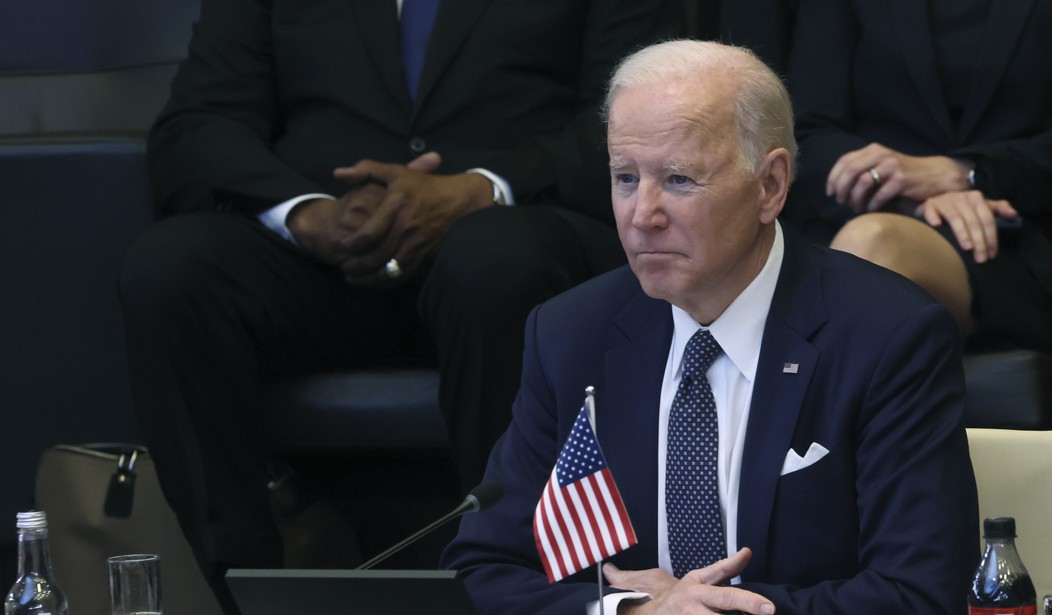Politicians like getting on their stumps and talking about their support for families, small businesses, and innovators. They kiss babies – metaphorically these days – and tour small businesses in hard hats and jeans they’d never otherwise wear and based on many recent policy proposals – from both sides of the aisle – it is becoming more and more evident that many too many of our government officials have absolutely no idea what they are talking about.
Even more concerning than not knowing what they are talking about, too many politicians and government officials talk out of both sides of their mouths. They express concern for a segment of the population, but then takes action that harms those very people.
This is very true when it comes to inventors and entrepreneurs. Our officials praise the spirit of American invention and talk about Edison, Franklin Bell, and the small inventors who create the next big thing in their garage or lab. Too often, these same officials then implement policies that undermine those very innovators who have made America the global leader in innovation.
Take a recent move by the Biden administration which changes the treatment of Standard Essential Patents (SEPs). These are the patents that go into a technology like USB or Wi-Fi that are created as part of an industry standard. These patents constitute some of the core components in technology that we use every day. Because they are part of an industry standard, where companied and innovators are collaborating together, the patents licensed differently than other innovations – licensees aren’t forced to negotiate with every patent holder – and the patent holders get more licensees.
The issue is not one that has gotten a great deal of attention and seems complicated and wonky, but it’s a critical one for inventors and for US innovation leadership.
The Administration’s proposed policy would essentially deny the owners of standard essential patents the right to an injunction – to stop the use of and sale of products using infringing technology. Owners of standard essential patents will not have the same critical recourse available to other patent holders.
Recommended
If we compared this idea to a house – it is like someone coming into a house, living in it, and the owner can’t do anything to kick them out. Would the result of a law that did this create more houses? Or, would fewer people buy houses because of a rule that property doesn’t mean anything? Of course when talking about a house the answer is obvious to most people. And, when it comes to patents the answer is just as obvious to inventors.
The policy reverses a 2019 policy that sought a balance between the rights of inventors and those who use the patented technology – also known as implementors. These implementors are usually the big tech companies.
The new policy completely tips the balance against patent holders and make it harder for them to protect against infringement. What the Administration is saying to small inventors, and the innovation community, with this statement is that our inventions are important – UNLESS the Administration deems them too important.
This doesn’t just hurt the inventors of SEP patents included in the Wi-Fi stack though – it also hurts all of the inventors that are working on the next generation of technology. The next version of USB or Wi-Fi or the next big breakthrough that we haven’t even considered. It crushes innovation. That is hard to capture.
The result of this policy would be less innovation in the United States and a further shift in global technological leadership to China and other competitors. For that reason, former government officials of both parties, experts in national security and numerous inventor groups have urged the administration to reconsider the policy. Among the only voices supporting the plan are the big tech companies, who know it will drive down the price they pay to use other people’s patented technology.
Hopefully the administration will listen to the voices of these experts and the inventors who fuel our economy.
Hurting the very people they claim to help isn’t the stated intention of Congress or the President. But it is time for them to widen their net and take a more dynamic and holistic look at the impact of their changes. They need to take the long-term view of what is good for our economy and our role in the world – not rush into decisions that sound good or satisfy narrow (but powerful) constituencies.
Government officials don’t mean to say one thing and do another – but in order not to – they need to pay more attention.























Join the conversation as a VIP Member